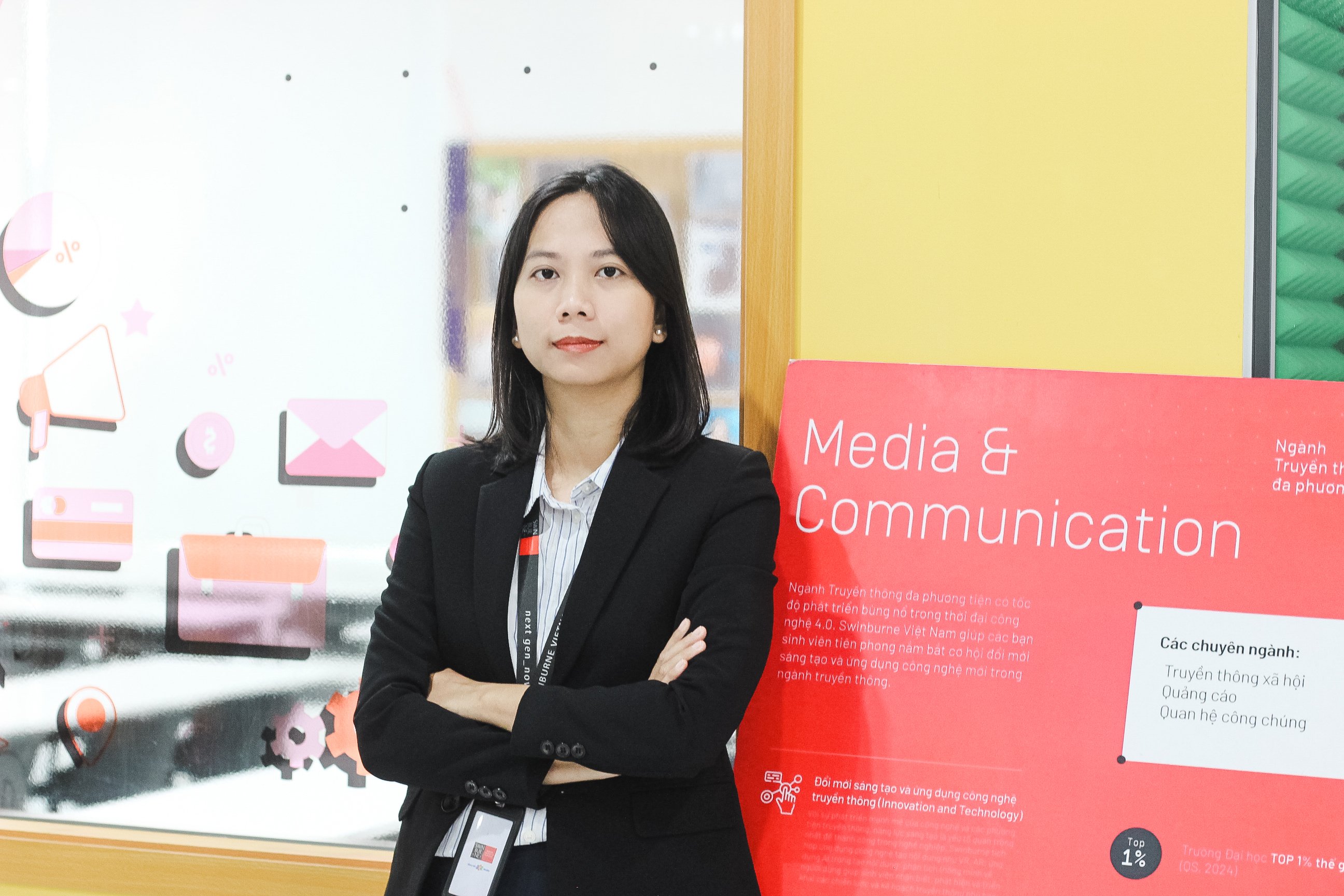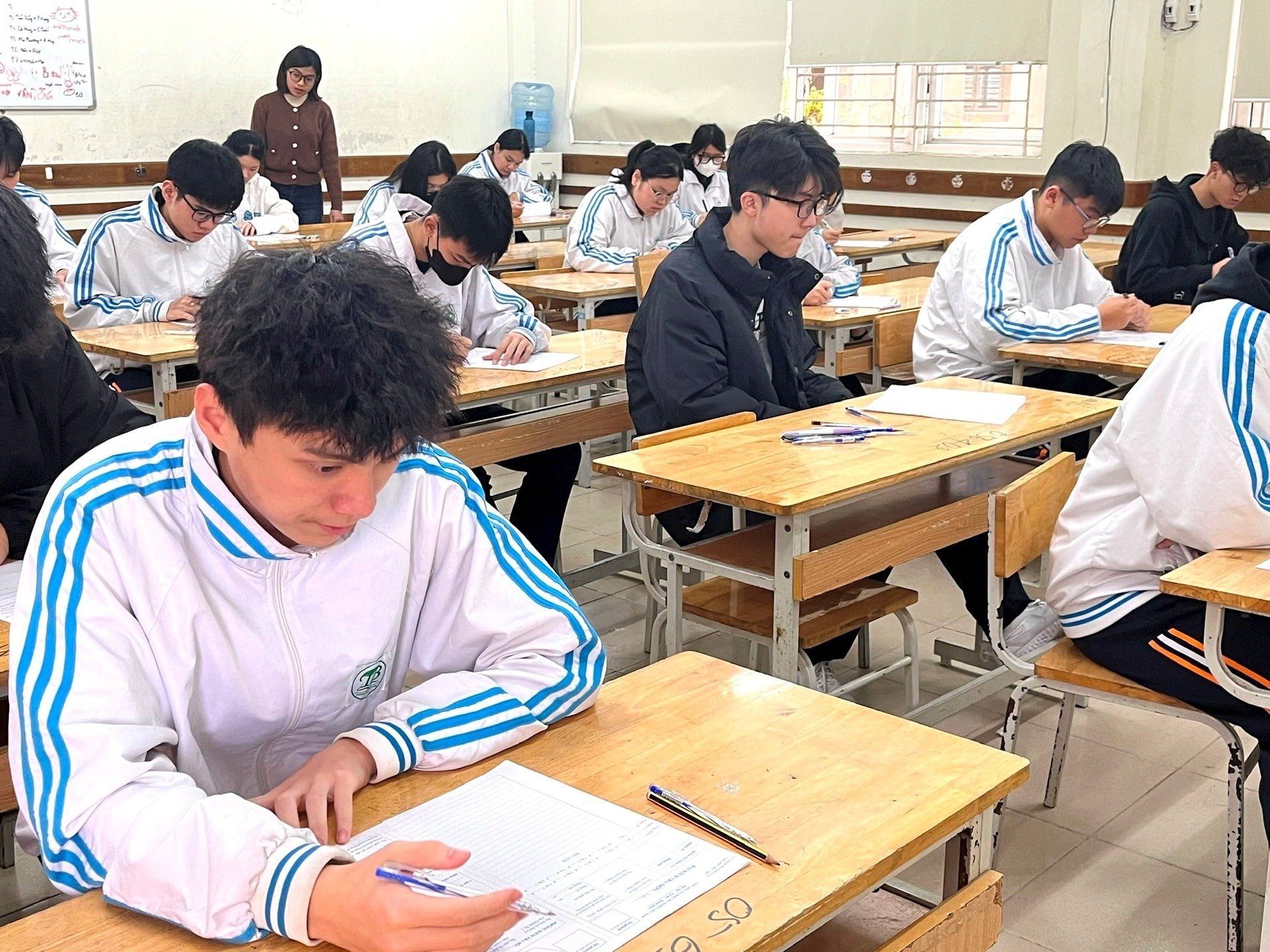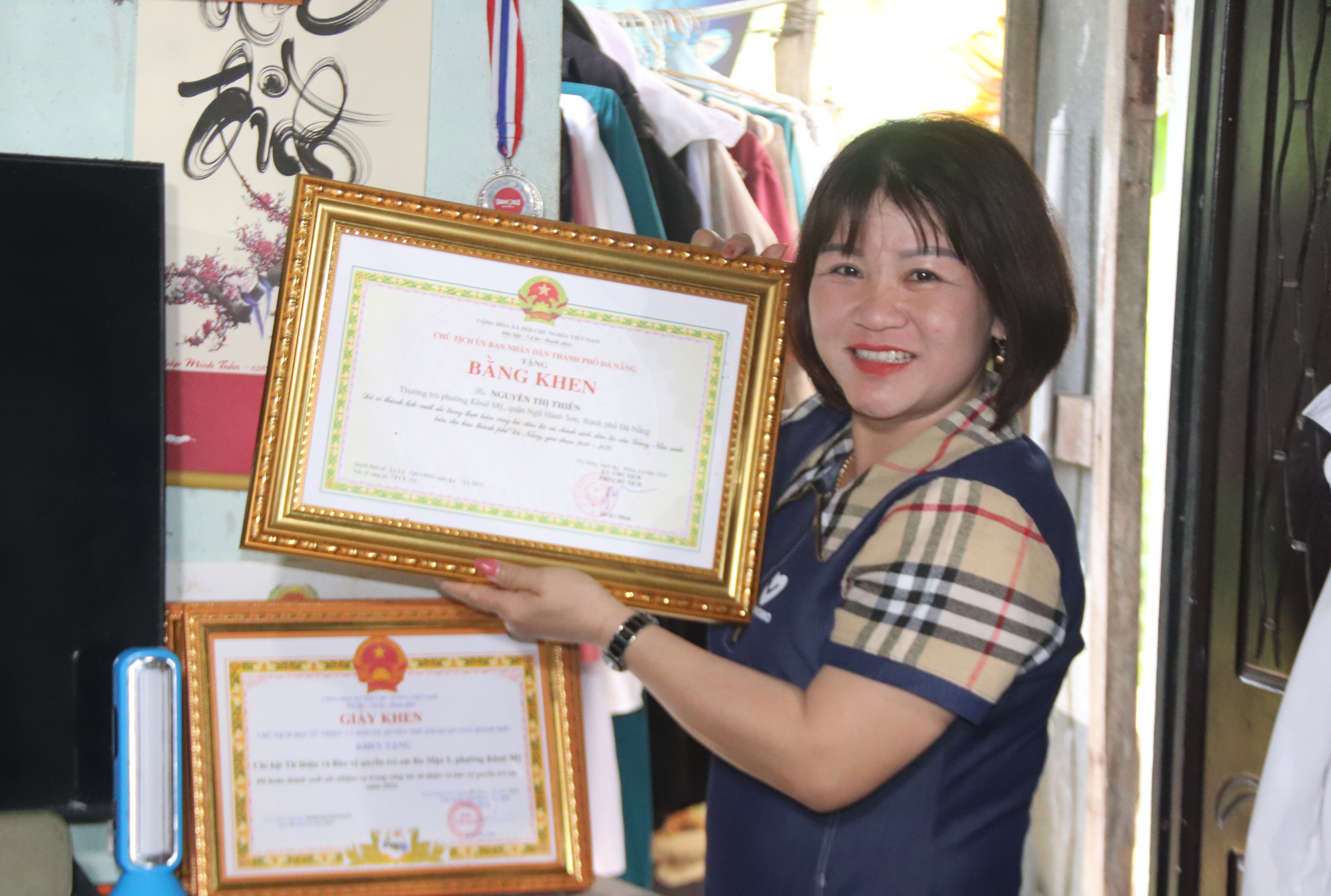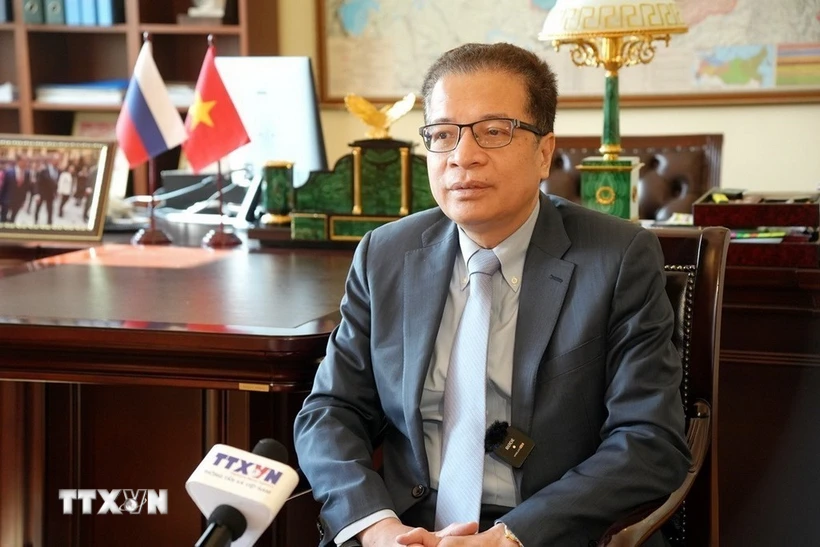 |
| Dr. Duong Hoai Lan - Head of Communication Department at Swinburne Vietnam, Da Nang campus. Photo: HL |
To find answers to these questions, we interviewed Dr. Duong Hoai Lan, Head of the Department of Communication at Swinburne Vietnam, Da Nang campus.
* Madam, many parents and students are worried that the Media industry is gradually shrinking in jobs such as creating content on TikTok and YouTube. Is this a sign that the industry is saturated, or is the reality different?
- This is an incomplete concept. Communications is not limited to creating content on TikTok or YouTube. On the contrary, this industry is growing strongly with high demand in many different fields. Businesses are always looking for experts who can optimize communication campaigns on digital platforms, and are increasingly focusing on collecting and analyzing customer data to develop more accurate communication strategies. Not only that, in the digital age, brand crises can happen at any time, forcing companies to invest in communication teams capable of effective crisis management.
In addition, media content does not stop at YouTube or TikTok but also expands to podcasts, digital journalism, brand communication and many other platforms. This shows that career opportunities in the industry are still very open. However, this does not mean that everyone can easily succeed in the industry.
* Many people worry that the media industry has a short lifespan and is easily replaced by AI and new technology. Do you agree with this assessment?
- The media industry is not dying, but evolving very quickly. The problem is not that this profession has a short lifespan, but whether people can adapt to the changes in the industry or not.
Repetitive tasks like basic content writing, simple video editing, elementary graphic design… are indeed being replaced by AI. But roles that require strategic thinking, creativity and data analysis still need humans. If you stop at pure skills, you will have a hard time. But if you keep updating, learning and developing your thinking, you can do this job for life. I always tell students: “It’s not your field that is obsolete, it’s the way you work in it that is obsolete.”
* So, in your opinion, what do students need to equip themselves with to increase job opportunities and develop sustainably in the media industry?
- There are three important factors that anyone who wants to pursue a career in communications needs to invest in. First, it is creative and critical thinking. AI can create content, but it cannot generate breakthrough ideas. Communications people need to know how to analyze trends, ask the right questions, and create unique strategies. Writing skills are still important, but the writing must have a sharp perspective, not be stereotyped.
Second is digital skills and data analysis. Students need to be equipped with the ability to use digital advertising tools and measure the effectiveness of communication campaigns. This helps them better understand customer data and effectively apply technology to communication strategies.
Finally, practical experience and personal branding are indispensable. Students can gain experience through real-life projects, participating in media competitions and networking with businesses. In particular, it is important to build a personal brand while still in college, for example through blogging or creating quality content on digital platforms.
* What training programs does Swinburne Vietnam have to help students prepare for the Media industry?
- At Swinburne Vietnam, we build our curriculum based on a highly applied model, always closely following the practical needs of the industry. We especially focus on learning while doing, where students will participate in real projects with businesses right from their school days, helping them accumulate experience and best prepare for their future jobs. In addition, the training program also combines technology and AI, helping students access digital media tools, data analysis and AI applications in building communication strategies.
We also provide great opportunities for students through business networks and internship opportunities. Swinburne cooperates with many large enterprises, providing employment opportunities immediately after graduation. In particular, the program is taught 100% in English, helping students confidently work in multinational companies and not be limited by the domestic labor market.
Swinburne Vietnam is currently accepting applications for the Communication program, with four majors: Public Relations, Social Media, Advertising, and Multimedia Communications. This is a great opportunity for young people with a passion for communication to start their career journey.
* Thanks for sharing!
HUYNH LE
Source: https://baodanang.vn/channel/5433/202503/nganh-truyen-thong-nghe-mo-trong-ky-nguyen-so-4002893/





![[Photo] Relatives of victims of the earthquake in Myanmar were moved and grateful to the rescue team of the Vietnamese Ministry of National Defense.](https://vstatic.vietnam.vn/vietnam/resource/IMAGE/2025/4/2/aa6a37e9b59543dfb0ddc7f44162a7a7)

![[Photo] Third meeting of the Organizing Subcommittee serving the 14th National Party Congress](https://vstatic.vietnam.vn/vietnam/resource/IMAGE/2025/4/2/3f342a185e714df58aad8c0fc08e4af2)















































































Comment (0)